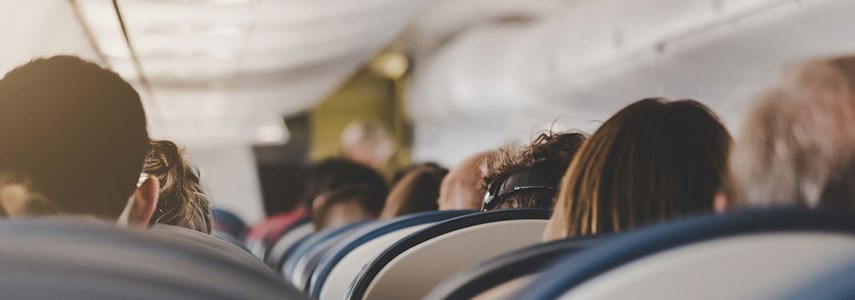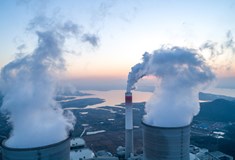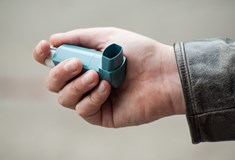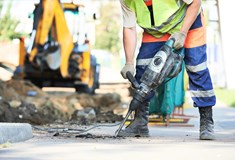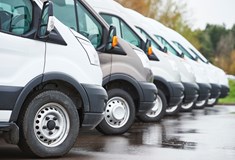Unite, Britain and Ireland’s largest union representing cabin crew, called on the airline industry to take urgent action to tackle toxic cabin air as it announced legal action has been served in 51 court cases against five UK airlines.
Unite is backing the court actions against UK airlines after independent expert evidence concluded that the air in most commercial airline cabins can cause irreversible neurological damage and chronic illness among susceptible individuals.
The union backed claims allege that expert medical evidence shows long term exposure to cabin air or to high dose ‘fume events’ can lead to pilots and crew members developing chronic ill health and life threatening conditions.
The expert evidence for the court, relied upon in the claims supported by Unite, reveals how fumes from jet engine bleed air used to pressurise airline cabins contains a mix of toxic compounds including organophosphates and TCP.
The 51 court cases involve pilots and cabin crew working for easyJet, British Airways, Jet2, Thomas Cook and Virgin Atlantic.
Unite is calling for an inquiry into toxic cabin air and for the airline industry to clean up its act by using safer oil to lubricate jet engines and fitting cabin air filters on board planes.
Unite assistant general secretary for legal services Howard Beckett said: “Independent expert evidence concludes that air on board jet planes can contain a toxic mix of chemicals and compounds that potentially damage the nervous system and may lead to chronic irreversible health problems in susceptible individuals.
“The airline industry cannot continue to hide from the issue of toxic cabin air whilst placing the health and safety of aircrew at risk.
“The evidence begs the question how many more must be put at risk before the airline industry cleans its act up?
“Unite will use every avenue, including calling for a public inquiry and pursuing legal action, to get the airline industry to take responsibility and clean up the cabin air on jet planes.
“This must include using different oils to lubricate jet engines, better monitoring of cabin air, installing air filters and manufacturing planes that bring compressed air straight from the atmosphere.
“It may result in additional financial cost to industry, but that cost bears no resemblance to the value of cabin crew health and safety.”
For more information on how we are supporting Unite members with toxic cabin air claims, visit our dedicated page.


